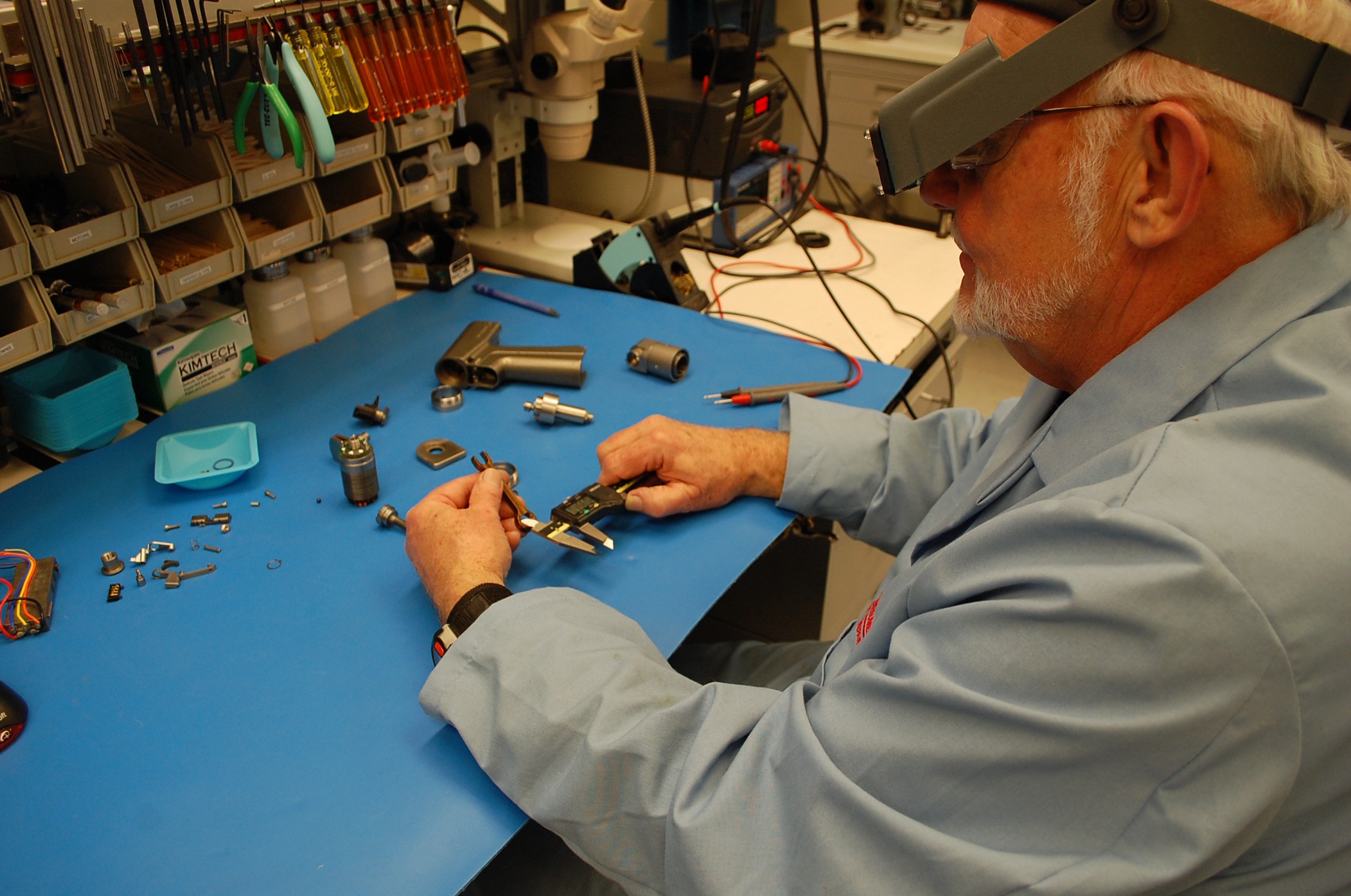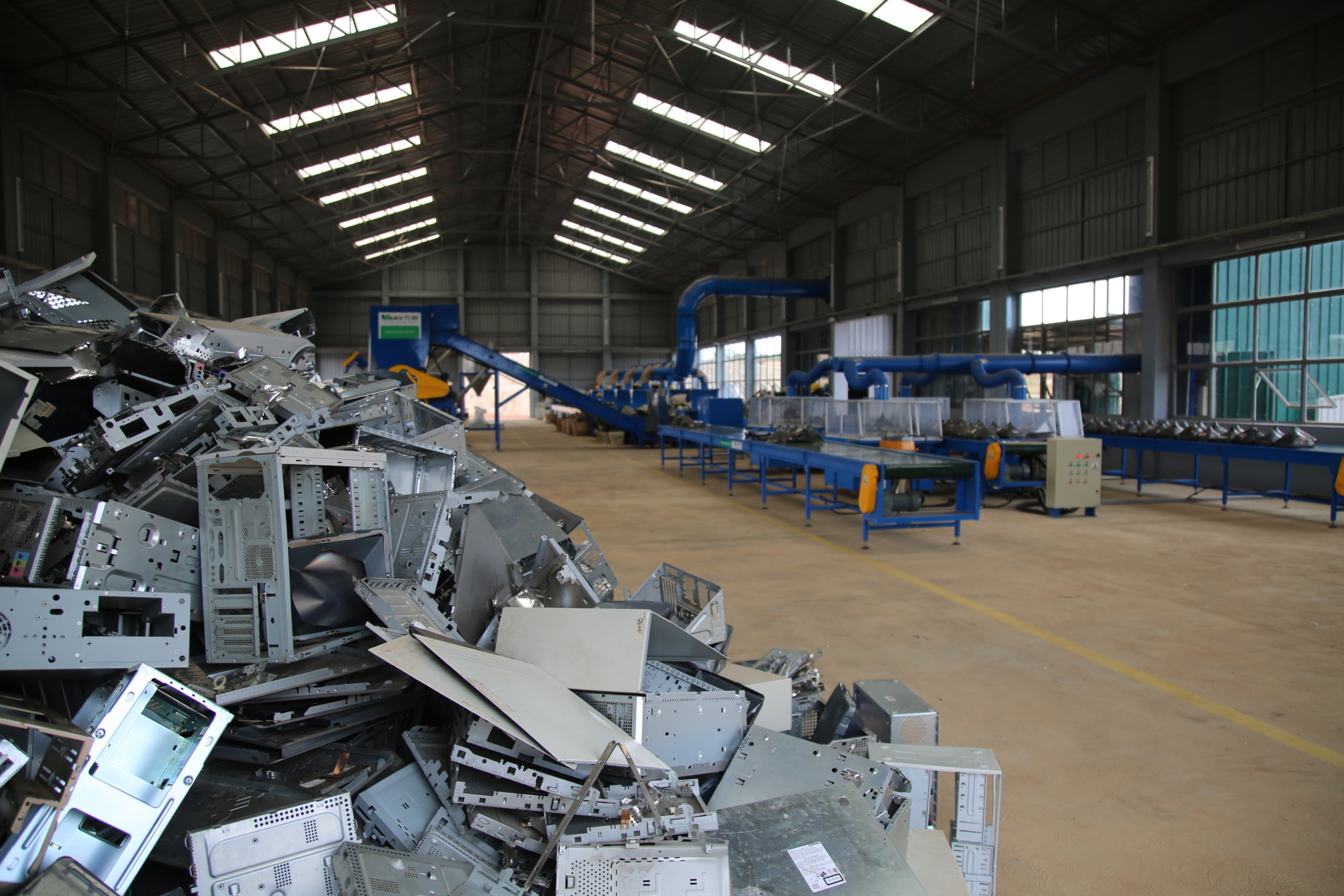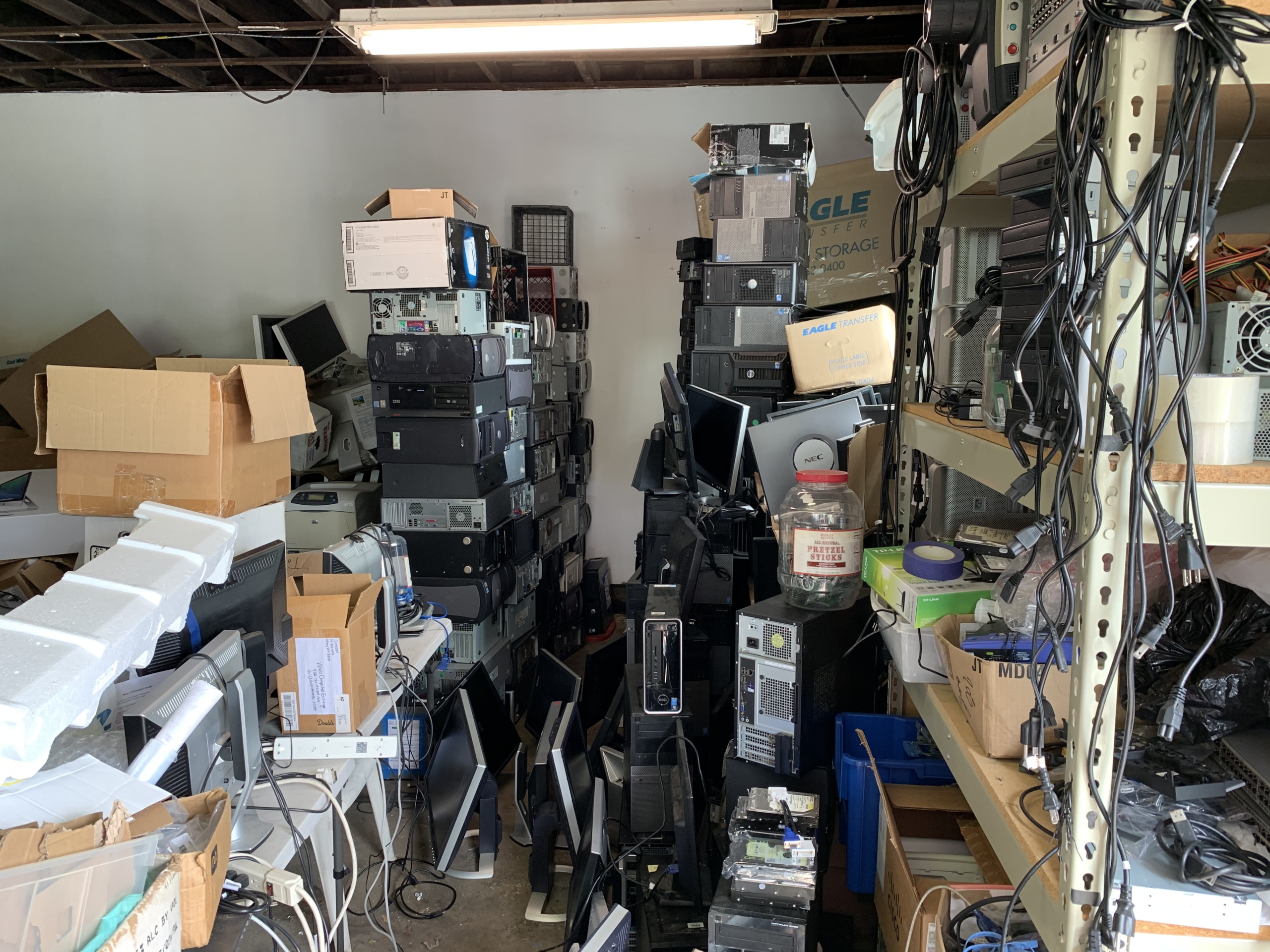
Right now on Right to Repair
Right to Repair advocates continue to support hospitals’ ability to fix their equipment, and other campaign updates.

Right to Repair — a campaign to remove barriers to fixing modern equipment from tablets to tractors — is focusing in the time of COVID-19 on the impact of repair restrictions on ventilators and other key components of our health care system.
In March, as concerns rose about the ability to supply an adequate number of ventilators to hospitals, hospital technicians began flagging another issue to us: They couldn’t repair the ventilators they already had, thanks to overly proprietary manufacturers who denied access to service manuals, spare parts and other necessary repair information.
In April, we petitioned medical supply companies with tens of thousands of signatures, and were successful in getting a number of ventilator manufacturers to loosen these restrictions, though some issues remain.
Our work to advance a medical device Right to Repair continues. Here are a few highlights from recent weeks.
More than 500 medical repair professionals have joined our efforts
When medical equipment needs maintenance or repair, trained, credentialed experts work to keep that equipment running safely. These technicians — who might work for the manufacturer, the hospital or an independent repair company — have an excellent track record, according to a landmark study from the U.S. Food and Drug Administration (FDA). But too often, hospital-based or independent technicians can’t get the information, tools or resources they need to do the job, forcing hospitals to pay for the manufacturer to service the device.
To highlight how these restrictions hamstring hospitals, we’ve been organizing medical repair technicians — which include hospital-based, independent and even manufacturer technicians — who think it’s time to end the restriction. Earlier this month, we topped 500 medical repair professionals who have joined our efforts. As we move forward, we are taking our and their concerns to lawmakers across the country, at both the state and federal levels.
More state leaders have joined our call to repair medical equipment
In April, five state treasurers sent a letter to ventilator device manufacturers echoing our request they stop restricting access to repair information. Since then, five more officials have joined in the call. Here’s the full list:
-
Fiona Ma California State Treasurer.
-
David Young, Colorado State Treasurer
-
Colleen C. Davis, Delaware State Treasurer
-
Michael Frerichs, Illinois State Treasurer
-
Nancy K. Kopp, Maryland State Treasurer
-
Deborah B. Goldberg, Massachusetts State Treasurer
-
Joseph M. Torsella, Pennsylvania State Treasurer
-
Eugene A. DePasquale, Pennsylvania Auditor General
-
Seth Magaziner, Rhode Island State Treasurer
-
John B. McCuskey, West Virginia State Auditor
Steris, a manufacturer of medical sterilizers, threatened iFixit.com unless the website pulls down repair manuals
As U.S. PIRG worked to pressure manufacturers to provide service manuals to hospitals, iFixit.com, which hosts tens of thousands of repair guides, began providing access to thousands of medical device manuals to help technians quickly find what they need. With hundreds of volunteers, iFixit.com was able to create the largest public directory of medical service manuals.
In response, Steris Corporation “contacted iFixit to demand that their products’ documentation be taken down on copyright grounds.” iFixit declined, and, through the Electronic Frontier Foundation, replied that it believes posting manuals is in the public interest, and a legally valid fair use.
Google continues to restrict independent repair advertising
Google, which dominates the online market for search advertising dollars, restricts advertising for small, independent repair shops. Google sought to remove some fraudulent ads and scams, but ended up deciding to remove all ads in the entire repair category. While Google said it would create a verification process to allow those providing technical support and repair back on the platform, this process has not yet rolled out. Even a nonprofit that offers free repair has said they are blocked from advertising.
Many repair shops report that the pandemic has caused a lot of strain on their business. While some report that requests for service are high, other shops have struggled to adjust to safe ways to operate. Pro-right to repair people are increasing pressure on Google to resume repair shop advertising.
It’s critical to end this restriction. We must ensure a fair market for independent repair, which is a tool for consumer to cuts costs and reduce waste.
Pennsylvania bill on Right to Repair picks up more support
Pennsylvania state Rep. Austin Davis announced the new Pennsylvania Right to Repair bill in April, and the measure has already attracted significant support. Right to Repair has been endorsed by PennLive.com and the Pittsburgh Post-Gazette, and 16 bipartisan cosponsors.
Stay tuned
We are releasing a new study on medical device repair restriction in early July, and are gearing up for new yet-to-be announced efforts.
Topics
Authors
Nathan Proctor
Senior Director, Campaign for the Right to Repair, PIRG
Nathan leads U.S. PIRG’s Right to Repair campaign, working to pass legislation that will prevent companies from blocking consumers’ ability to fix their own electronics. Nathan lives in Arlington, Massachusetts, with his wife and two children.
Find Out More

Why Microsoft extended Windows 10 support for schools for $1

Why do we toss working devices?

6 surprising facts from the UN’s 2024 electronic waste report


